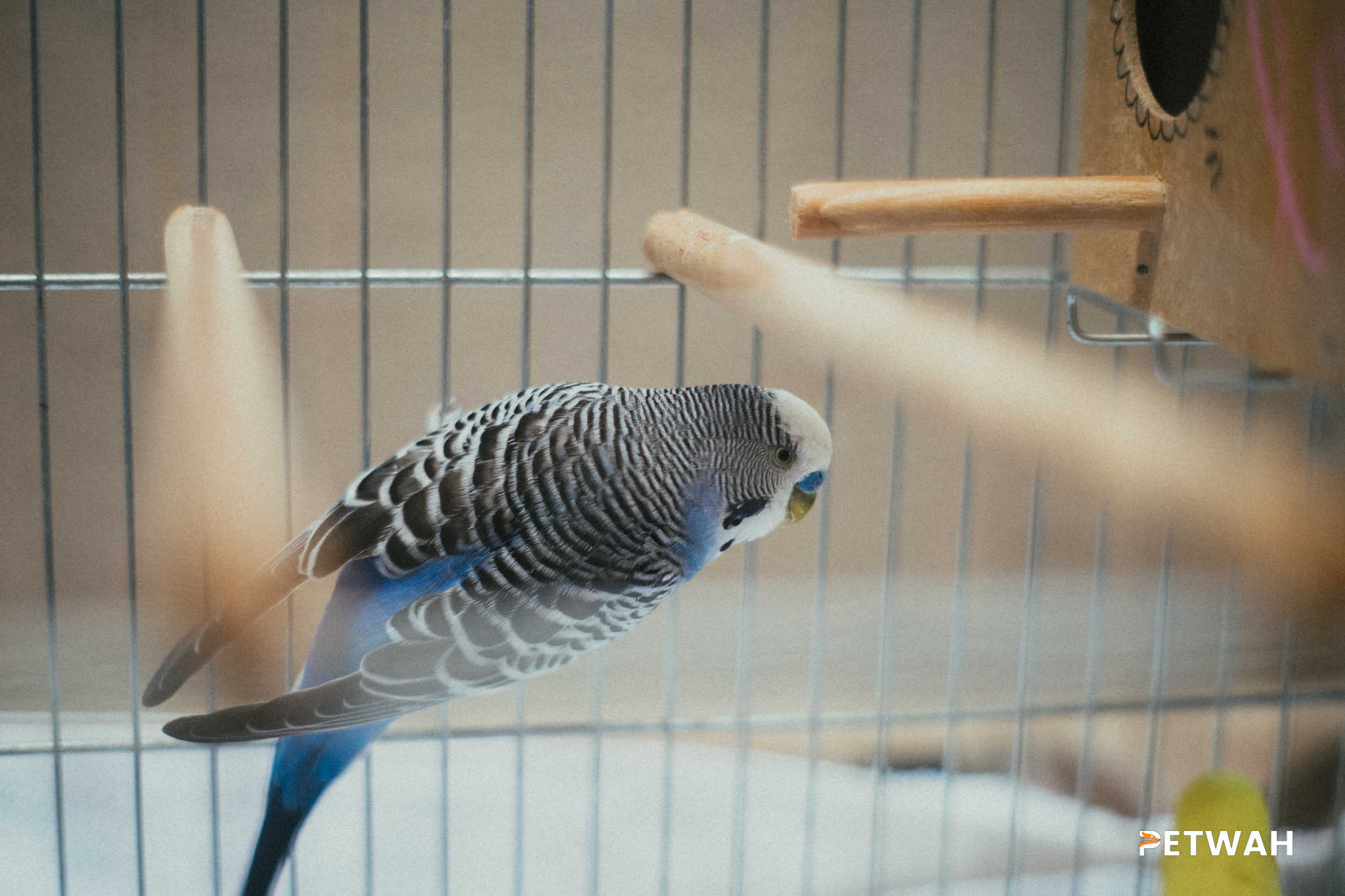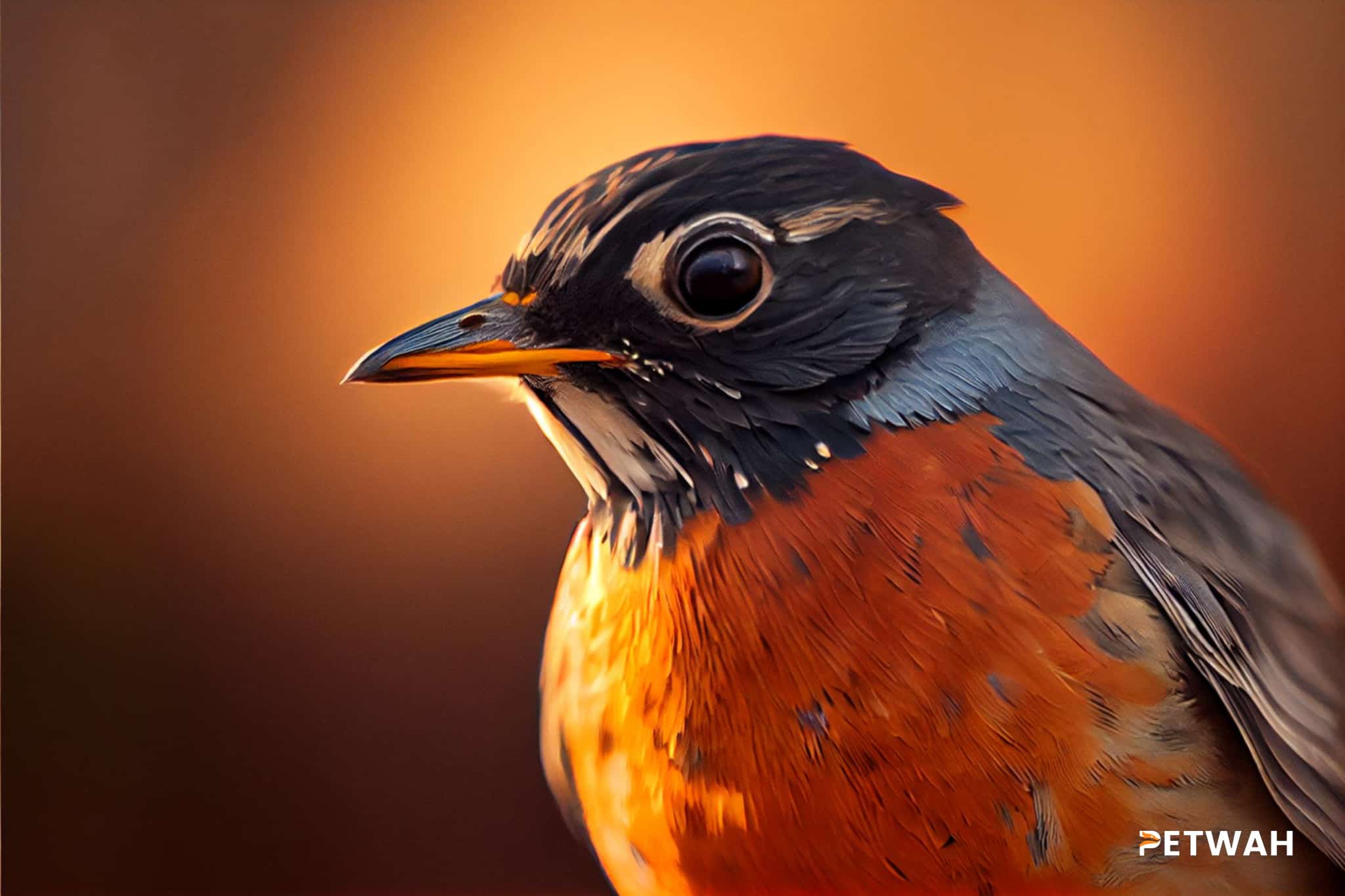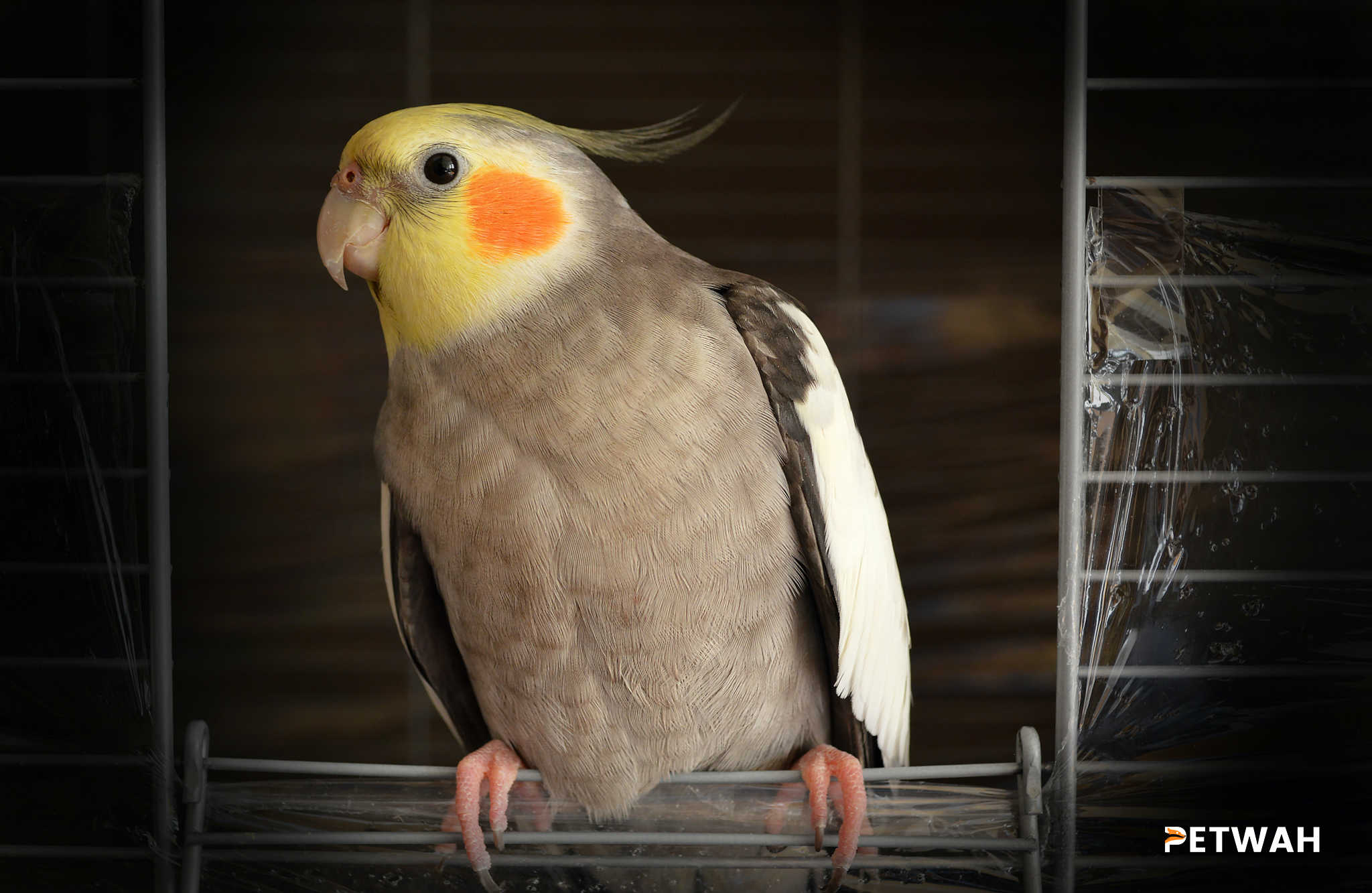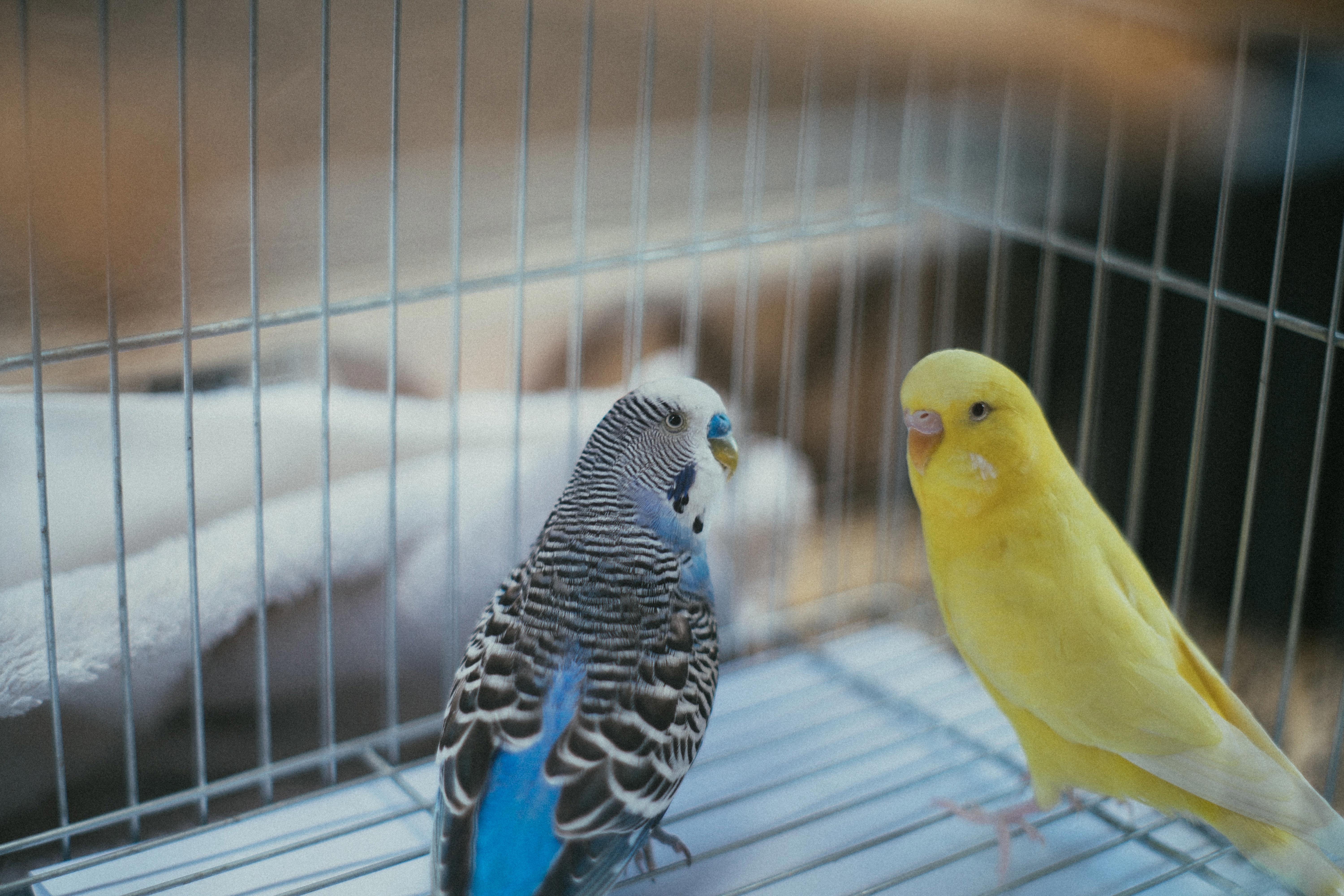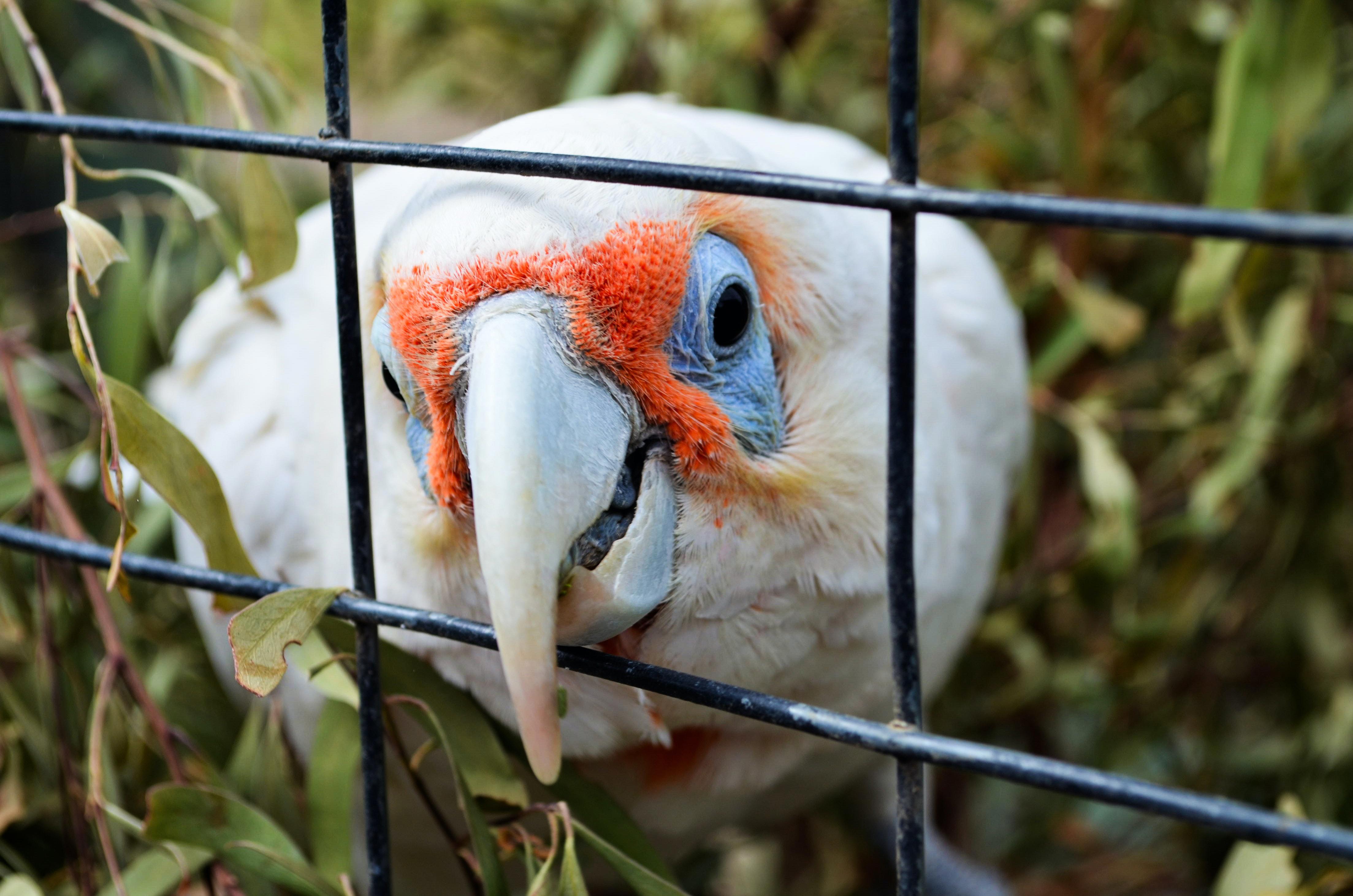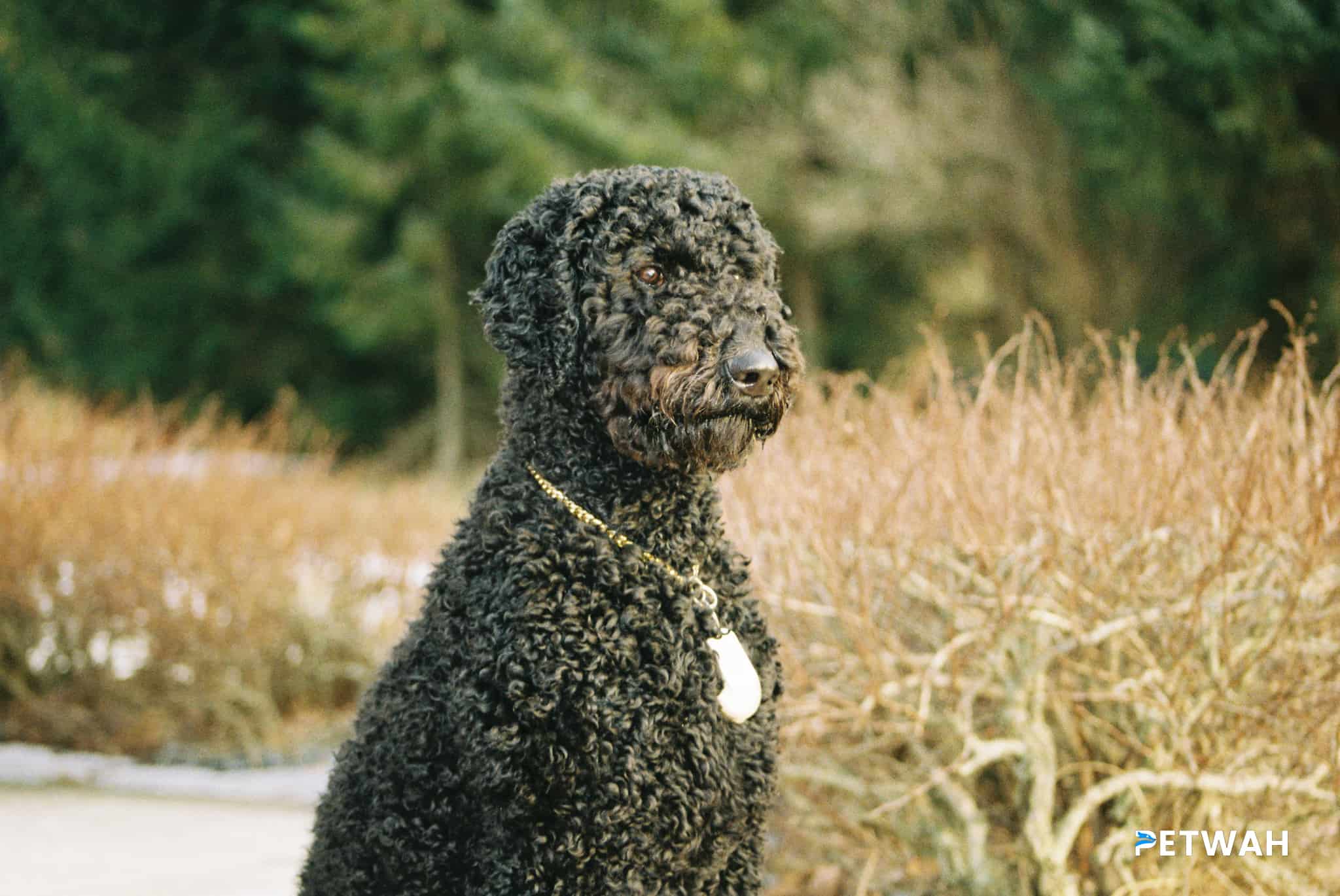Birds can make wonderful companions for couples, bringing life and joy into a home. However, like any pet, birds can also exhibit behavioral issues that need to be addressed. Two common issues that couples may encounter with their birds are excessive noise and feather plucking. Fortunately, there are effective strategies and techniques that couples can use to address these issues and create a harmonious environment for both themselves and their feathery friends.
Understanding Excessive Noise in Birds
Birds vocalize as a means of communication, whether it’s to express joy, seek attention, or warn of potential danger. However, excessive noise can become a problem, especially in apartment buildings or close-knit communities. Here are some steps couples can take to address this issue:
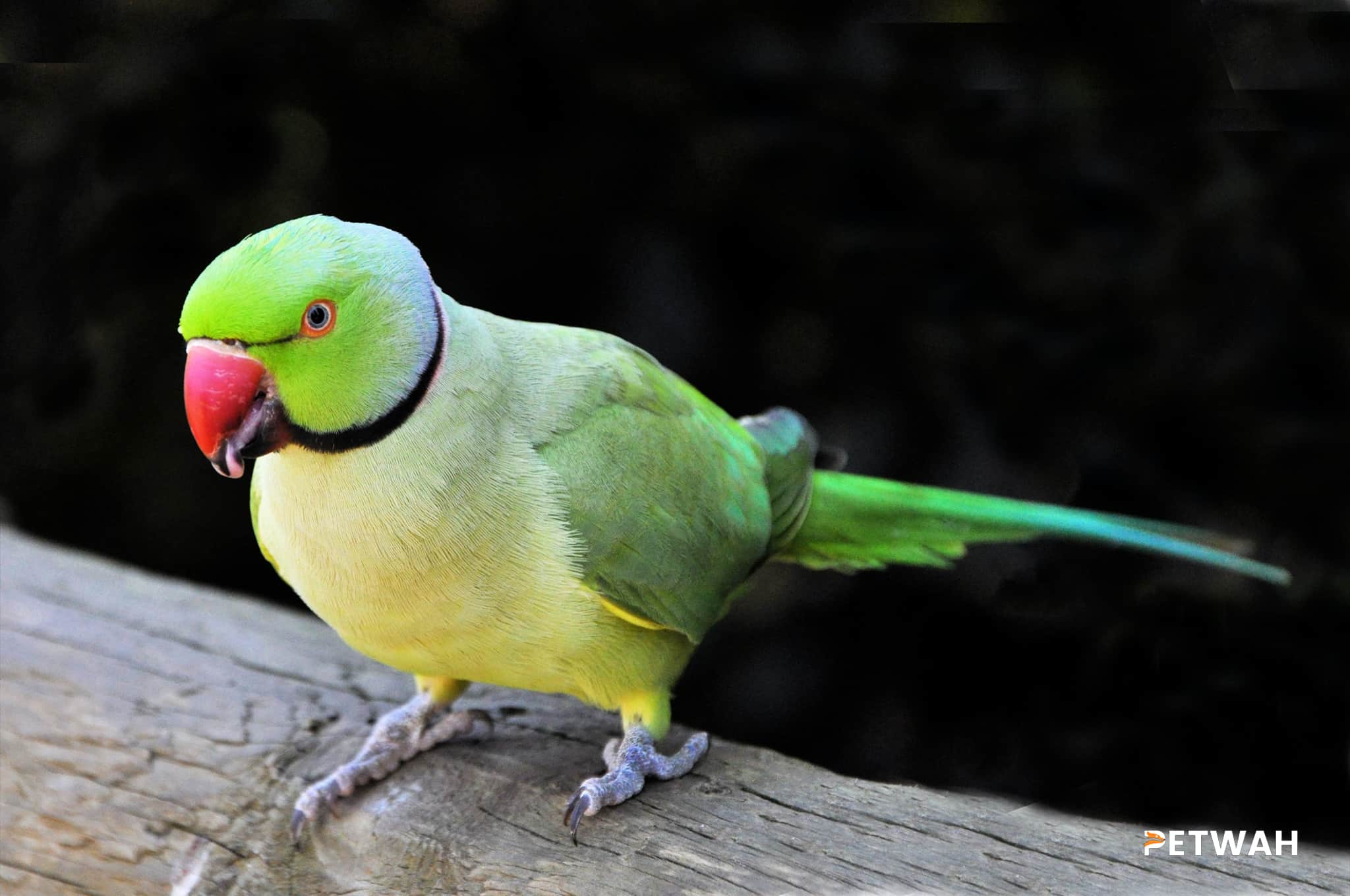
1. Identify the underlying cause: Excessive noise can be triggered by various factors, such as boredom, fear, or hormonal changes. Identifying the root cause is crucial in finding an appropriate solution.
2. Create a stimulating environment: Birds need mental and physical stimulation to prevent boredom and excessive vocalization. Providing them with a variety of toys, puzzles, and interactive activities can help keep their minds engaged.
3. Establish a consistent routine: Birds thrive on routine, so establishing a consistent daily schedule for feeding, playtime, and interaction can help reduce anxiety and excessive noise.
4. Seek professional help: If the excessive noise persists despite your best efforts, it may be beneficial to consult a veterinarian or an avian behaviorist who can provide further guidance and assistance.
Addressing Feather Plucking in Birds
Feather plucking is a behavior where birds excessively groom, chew, or pull out their feathers, leading to bald patches and potential skin irritation. It can be caused by various factors, including stress, boredom, skin issues, or underlying health conditions. Here are some steps couples can take to address feather plucking in birds:
1. Rule out medical causes: It’s essential to ensure that there are no underlying medical conditions causing the feather plucking. A visit to the avian veterinarian can help rule out any health concerns.
2. Provide environmental enrichment: Enriching the bird’s environment with toys, perches, foraging opportunities, and different textures can help divert their attention from feather plucking.
3. Manage stress and boredom: Birds pluck their feathers as a coping mechanism for stress or boredom. Identifying and addressing the underlying triggers of stress and providing mental stimulation can help reduce feather plucking behaviors.
4. Consider behavior modification techniques: Positive reinforcement techniques, such as rewarding desirable behaviors and providing distractions, can help redirect the bird’s focus away from feather plucking.
5. Use deterrents: In some cases, using taste deterrent sprays or physical barriers can discourage birds from plucking their feathers. However, it’s essential to consult with an avian professional before implementing such measures.
Conclusion
Addressing common behavioral issues in birds requires patience, understanding, and the implementation of appropriate strategies. By identifying the underlying causes, providing environmental enrichment, managing stress, and seeking professional help when needed, couples can create a peaceful and fulfilling relationship with their feathered companions.
FAQs
Q1. Can excessive noise in birds be a sign of a health issue?
A1. While excessive noise can have various causes, it is always a good idea to rule out any underlying health problems by consulting with an avian veterinarian.
Q2. Are there specific toys or activities that can help birds reduce excessive noise?
A2. Providing birds with toys that stimulate their natural instincts, such as foraging toys and puzzle toys, can help redirect their energy and reduce excessive noise.
Q3. Can feather plucking in birds be a sign of a serious health condition?
A3. Feather plucking can be a symptom of underlying health conditions or stress. It is important to consult with an avian veterinarian to rule out any serious medical issues.
Q4. How long does it typically take to address excessive noise or feather plucking in birds?
A4. The time it takes to address these behavioral issues varies depending on the bird and the underlying causes. It requires patience and consistency in implementing appropriate strategies.
Q5. Can hormone changes in birds contribute to excessive noise or feather plucking?
A5. Yes, hormonal changes, such as during breeding seasons, can contribute to excessive noise or feather plucking. Understanding their natural behavior and providing appropriate outlets can help manage these issues.
If you’re a bird owner looking for more information and support in addressing behavioral issues and creating a happy and healthy environment for your feathered friend, visit petwah.com.


